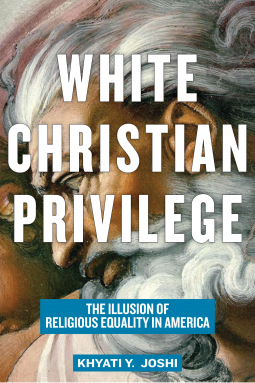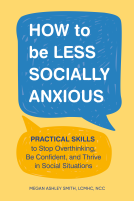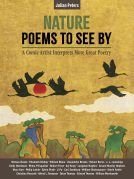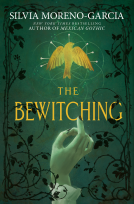
White Christian Privilege
The Illusion of Religious Equality in America
by Khyati Y. Joshi
This title was previously available on NetGalley and is now archived.
Send NetGalley books directly to your Kindle or Kindle app
1
To read on a Kindle or Kindle app, please add kindle@netgalley.com as an approved email address to receive files in your Amazon account. Click here for step-by-step instructions.
2
Also find your Kindle email address within your Amazon account, and enter it here.
Pub Date Jul 07 2020 | Archive Date Nov 06 2020
Talking about this book? Use #WhiteChristianPrivilege #NetGalley. More hashtag tips!
Description
Exposes the invisible ways in which white Christian privilege disadvantages racial and religious minorities in America
The United States is recognized as the most religiously diverse country in the world, and yet its laws and customs, which many have come to see as normal features of American life, actually keep the Constitutional ideal of “religious freedom for all” from becoming a reality. Christian beliefs, norms, and practices infuse our society; they are embedded in our institutions, creating the structures and expectations that define the idea of “Americanness.” Religious minorities still struggle for recognition and for the opportunity to be treated as fully and equally legitimate members of American society. From the courtroom to the classroom, their scriptures and practices are viewed with suspicion, and bias embedded in centuries of Supreme Court rulings create structural disadvantages that endure today.
In White Christian Privilege, Khyati Y. Joshi traces Christianity’s influence on the American experiment from before the founding of the Republic to the social movements of today. Mapping the way through centuries of slavery, westward expansion, immigration, and citizenship laws, she also reveals the ways Christian privilege in the United States has always been entangled with notions of White supremacy.
Through the voices of Christians and religious minorities, Joshi explores how Christian privilege and White racial norms affect the lives of all Americans, often in subtle ways that society overlooks. By shining a light on the inequalities these privileges create, Joshi points the way forward, urging readers to help remake America as a diverse democracy with a commitment to true religious freedom.
Available Editions
| EDITION | Other Format |
| ISBN | 9781479840236 |
| PRICE | $94.00 (USD) |
| PAGES | 256 |
Links
Average rating from 21 members
Featured Reviews
 Reviewer 559304
Reviewer 559304
I appreciate the author's tackling this subject of white privilege amidst the Christian religion. Gives this white American Christian many thoughts to ponder. Especially gives me more empathy towards other religions and their struggles within the American culture.
This book gives a wonderful insight into the way that America centres the needs of the Christian religion in everything that the country does, and other religions are just thrown into the mix, generally tokenised or left out of all considerations. This is especially clear when it comes to holidays and other issues, and, speaking from experience, you learn to leave things out of considerations so it doesn't get awkward. I've had exams on Yom Kippur and just had to deal with it, classes when I should be lighting menorah candles. It's not easy, and I appreciate this book bringing this narrative to the forefront.
I especially appreciated the final chapter which makes note that it is important to know when to send what wish for what holidays depending on religion and just considering other people's lives and beliefs is so important. This book also gave a disturbing insight into the way that American Christians see themselves as not just the default, but the oppressed default. It makes me so sad to hear those who have not faced bigotry to the level that others have seeing their issues as equal, as it takes away from those who face those issues in a far more realistic fashion.
I also appreciated how this book covered the way that the judiciary and executive take a fundamentally Christian approach as 'one nation under G-d' and that public holidays, considerations, and laws all follow suit. This is an important conversation that needs to be had, and I appreciate this book drawing attention to these issues.
Readers who liked this book also liked:
Megan Ashley Smith, LCMHC, NCC
Health, Mind & Body, Nonfiction (Adult), Self-Help
Gertrude Chandler Warner
Children's Fiction, Comics, Graphic Novels, Manga
Melani Sie
Comics, Graphic Novels, Manga, Entertainment & Pop Culture
Anthony Randello-Jahn
Cooking, Food & Wine, Entertainment & Pop Culture, Humor & Satire


















